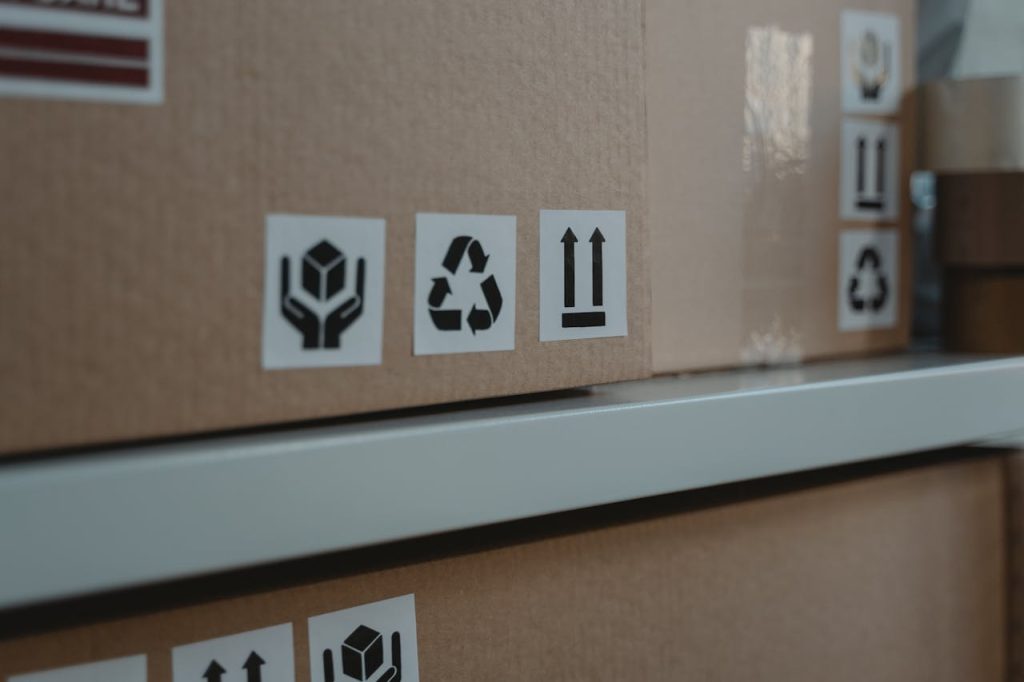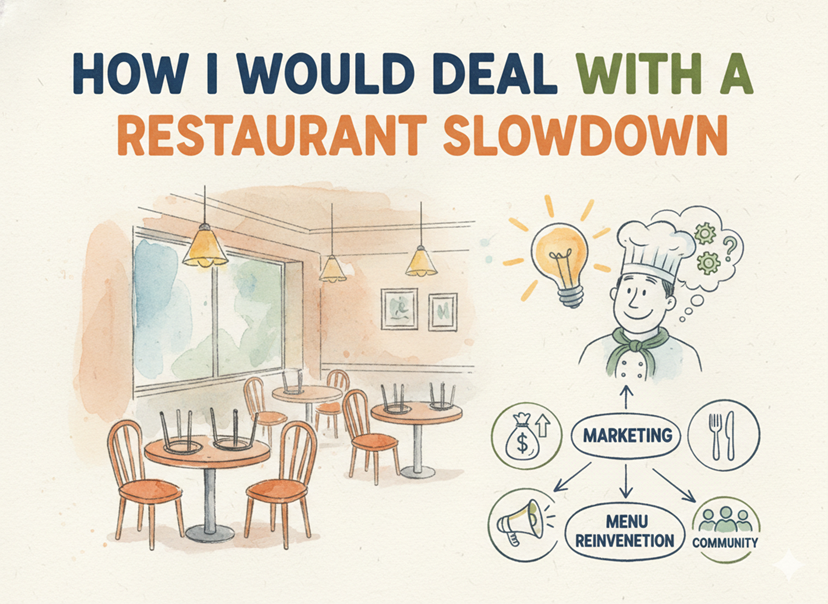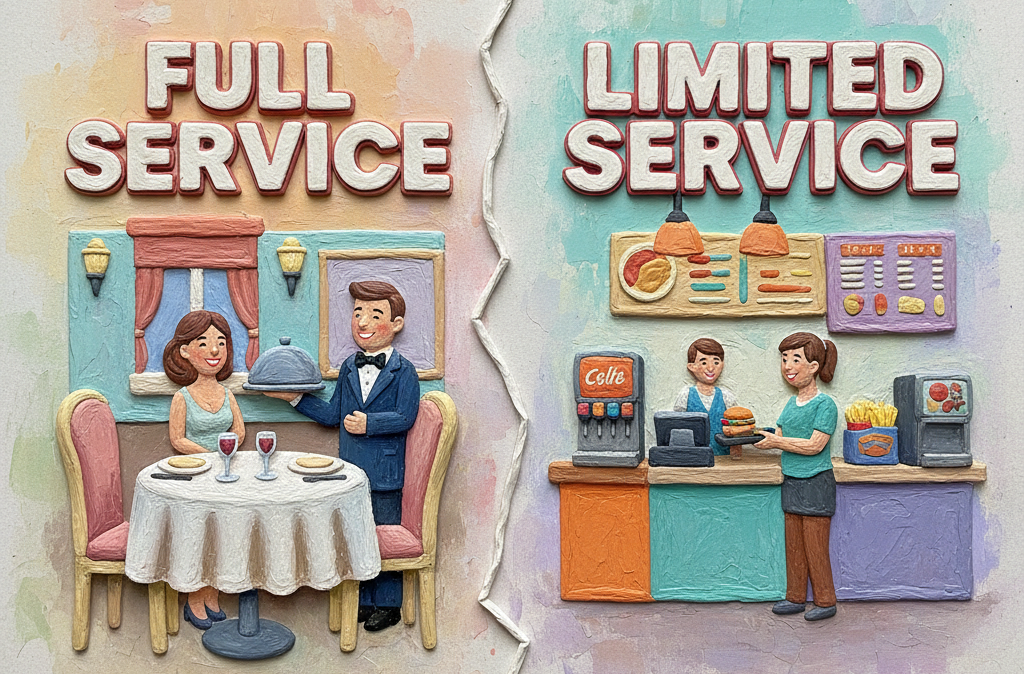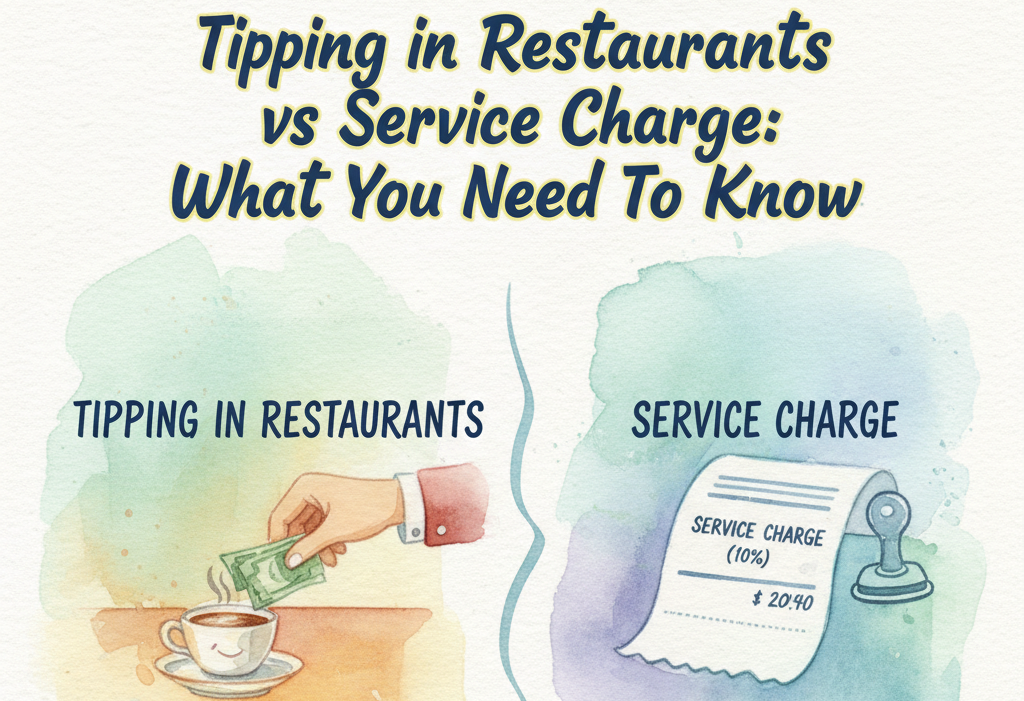Stop all your restaurant operations for a moment! Do you even have any idea how much energy or food you’re wasting in your restaurant? According to a report published by SWCorp in 2021, a shocking amount of 17007 tonnes of food waste is produced every day in Malaysia. Imagine how terrible that is. You don’t want to contribute to this number, do you? Sustainability, Climate change. All these are trending words that you would have come across. Read more to understand this whole sustainability concept.
What does sustainable restaurant mean?
In simple terms, it’s a restaurant that operates in a way that reduces its negative impact on the environment. This can be done through efficient energy use, reducing waste, sourcing food responsibly, and more.
What are The Goals of Sustainable Restaurants?
- Reduce Environmental Impact: A sustainable restaurant aims to minimize its carbon footprint. This means using less energy, reducing waste, and sourcing food locally. By doing this, you not only help the planet but also save money.
- Improve Efficiency: Sustainability isn’t just about being green; it’s also about being smart with resources. Energy and efficiency go hand in hand. Efficient energy use helps you save on electricity bills, which is good for your bottom line.
- Attract Conscious Consumers: More and more customers are looking for eco-friendly options. A survey showed that 75% of millennials are willing to pay more for sustainable products. By promoting your restaurant as sustainable, you can attract these customers and build loyalty.
- Ensure Long-term Viability: Being sustainable isn’t just a trend. It’s about ensuring your restaurant can operate for years to come. If you use resources wisely, your business is more likely to survive in the long run.
Areas Where Your Restaurant Can Be Sustainable
Now that you know the goals, let’s dive into the specific areas where you can make your restaurant more sustainable.
1. Energy Efficiency
Energy efficiency and sustainability are closely linked. One of the biggest expenses for restaurants is energy. But there are ways to save energy on your electricity bill:
- Use energy-efficient appliances: Switching to appliances with high energy ratings can reduce electricity usage by up to 30%. This means more savings for you.
- LED lighting: These use about 75% less energy than traditional bulbs. They also last longer, which means fewer replacements and less waste.
- Smart thermostats: These devices can automatically adjust the temperature in your restaurant based on when it’s busiest. This helps to reduce unnecessary energy consumption.
Efficient energy use isn’t just about saving money. It also reduces your restaurant’s environmental footprint. Every kilowatt-hour saved is a step towards a more sustainable operation.

2. Waste Reduction
Zero-waste restaurants are becoming more popular. The goal is to minimize waste by reusing, recycling, and composting as much as possible. Here’s how you can work towards becoming a zero-waste restaurant:
- Composting: Instead of throwing away food scraps, compost them. This reduces the amount of waste sent to landfills and creates nutrient-rich soil.
- Donate leftover food: Partner with local charities to donate unsold food. This not only helps those in need but also reduces waste.
- Reusable containers: Encourage customers to bring their own containers for takeout. If that’s not possible, use biodegradable packaging instead.
The average restaurant in the U.S. wastes around 100,000 pounds of food each year. By focusing on waste reduction, you can significantly cut down on this number and make a positive impact on the environment.
3. Sustainable Sourcing
Where you get your ingredients matters. Sustainable sourcing involves choosing suppliers who prioritize environmentally friendly practices. This means:
- Locally sourced ingredients: Buying locally reduces transportation emissions and supports local farmers. Plus, fresh ingredients often taste better and can improve the quality of your dishes.
- Organic and fair-trade products: These options are better for the environment and the people who produce them. While they may cost more upfront, they attract customers who care about sustainability.
According to a study, 64% of consumers prefer restaurants that use local ingredients. By promoting your sustainable sourcing practices, you can appeal to this growing market.
4. Water Conservation
Water is another resource that restaurants use a lot. From washing dishes to cooking, water is essential. However, there are ways to conserve it:
- Low-flow faucets and dishwashers: These can reduce water usage by up to 50%. That’s not just good for the environment, but it also lowers your water bill.
- Water-efficient landscaping: If your restaurant has outdoor space, consider using plants that require less water. This reduces the need for constant watering.
Efficient water use not only saves money but also ensures that this vital resource is available for future generations.
In conclusion, a sustainable restaurant is one that operates in a way that benefits both the environment and your business. By focusing on areas like energy efficiency, waste reduction, sustainable sourcing, and water conservation, you can make your restaurant more sustainable.
The benefits are clear: lower operating costs, a more loyal customer base, and a positive impact on the planet. It’s not just about being eco-friendly; it’s about running a smarter, more efficient restaurant.
So, take a look at your current practices and see where you can make changes. Every small step counts. And remember, sustainability isn’t just a goal; it’s a journey. One that benefits everyone involved—your business, your customers, and the environment.





